Publications
Articles, publications, books, tools and multimedia features from the U.S. Institute of Peace provide the latest news, analysis, research findings, practitioner guides and reports, all related to the conflict zones and issues that are at the center of the Institute’s work to prevent and reduce violent conflict.
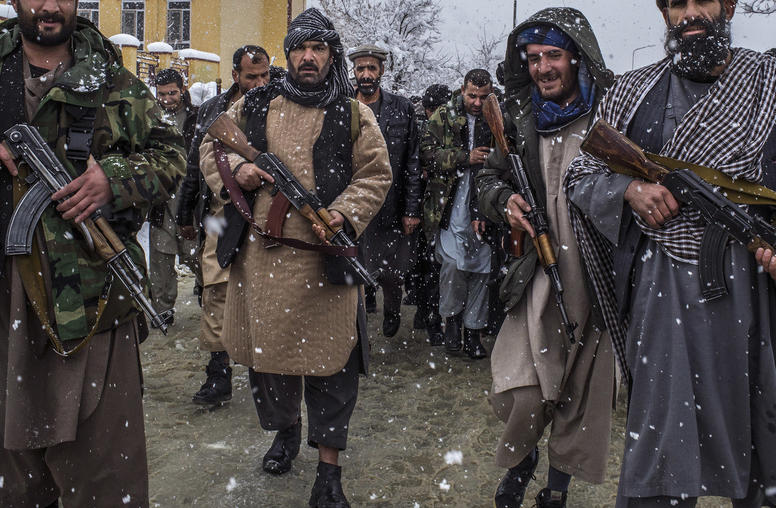
After Afghanistan Withdrawal: A Return to ‘Warlordism?’
As the United States withdraws from Afghanistan, Washington is considering options to ensure its intelligence-gathering and counterterrorism capabilities are maintained. Recent reporting suggests that United States is looking to use bases in Pakistan and in the former Soviet Republics in Central Asia — although without success so far. Washington is also mulling over engaging with Afghan warlords as part of this effort, a strategy it relied on in the 1980s and 90s and to a lesser extent over the last two decades. If history is any guide, this strategy will pose significant risks that could have deadly and destabilizing consequences for Afghanistan and the region.
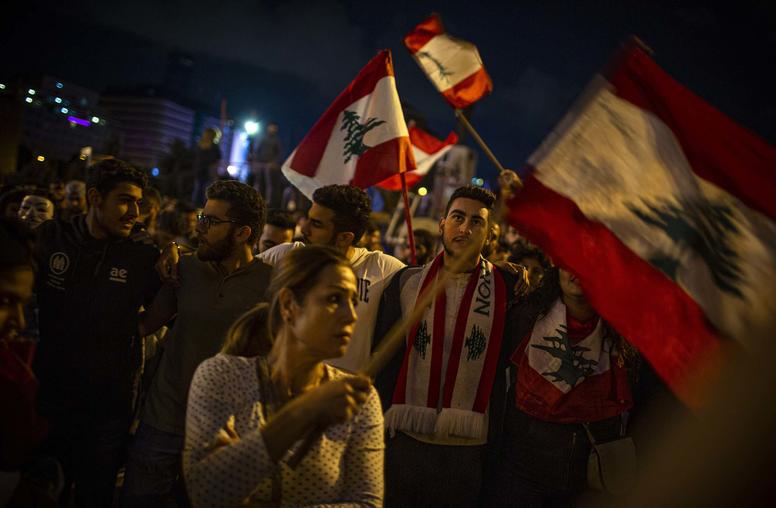
What Could Make or Break Lebanon’s 2022 General Election
Lebanon, unlike many other countries, is actually ruled by a conglomerate of political figures and business elites and organizations. Therefore, a change in Lebanon can neither be about a single politician or party nor can it be led by one political group. In the past 15 years, there were several attempts to alter the governance model and practices in Lebanon. All of them proved unsuccessful for various reasons including the toxic manipulation of identity-based politics by the majority of politicians and clerics, deep-seated corruption, twisted social norms, regional power competition and the absence of an organized, competent and capable political alternative.
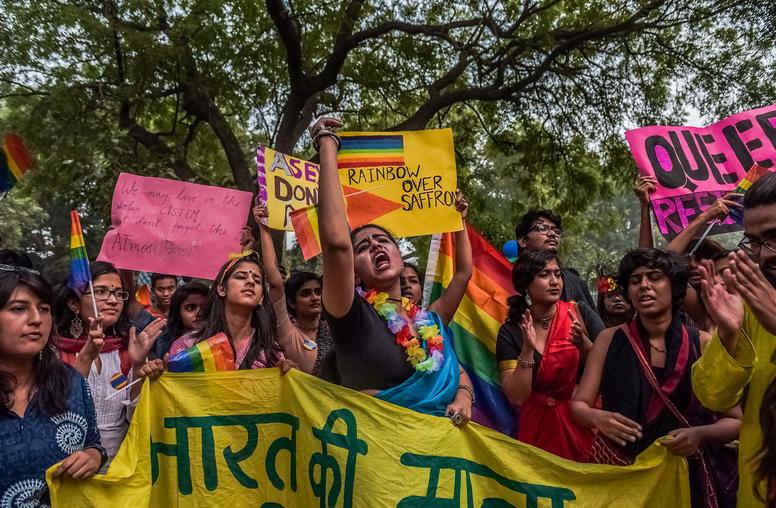
Why Gender and Sexual Minority Inclusion in Peacebuilding Matters
A society cannot be considered peaceful when certain groups within it experience targeted and ongoing forms of violence and discrimination. Despite this recognized importance of inclusivity, gender and sexual minorities (GSM) remain largely invisible in peacebuilding. Even in the international Women, Peace and Security (WPS) agenda, which has become a significant entry point for addressing gender dynamics in peacebuilding, GSM rights, protection and participation are also inadequately addressed. The absence of established norms for and approaches to GSM inclusion means that it is incumbent on peacebuilders to think more intentionally about why and how GSM can be included.
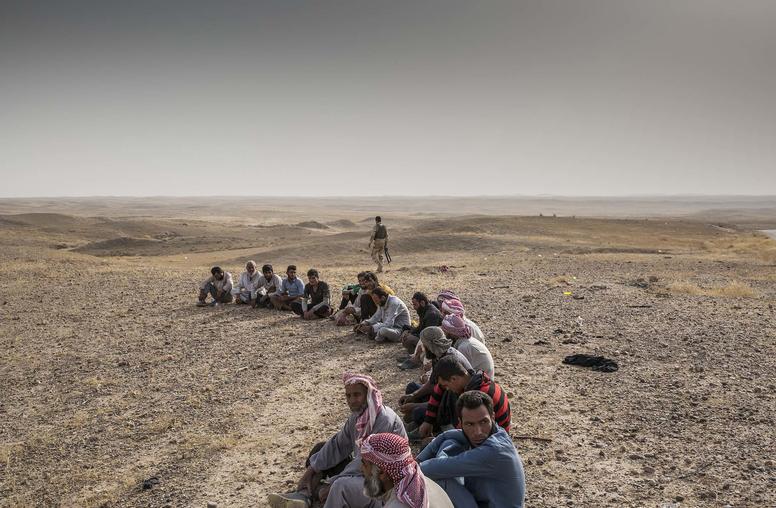
ISIS-Driven Displacement Remains Key Challenge as Iraq Prepares for Elections
Iraq remains a struggling nation confronting enormous, social, economic and reconstruction challenges yet progressing in critical areas such as resettling its displaced population and preparing for national elections this fall, two ministers of the Baghdad government said.
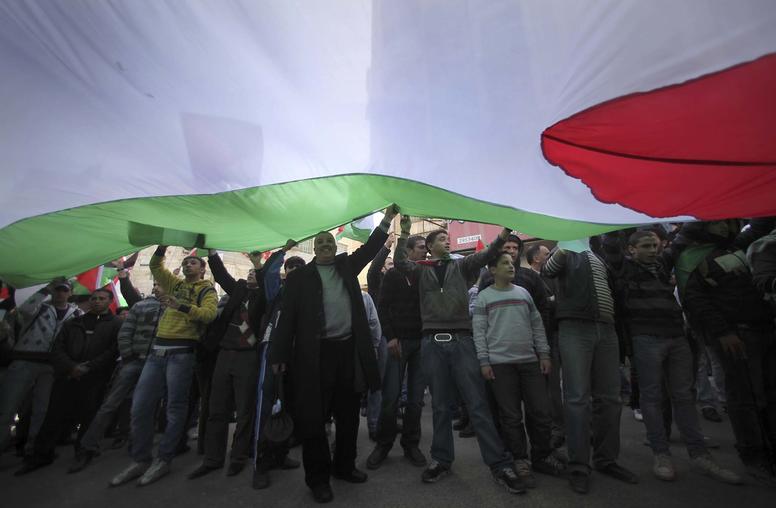
Palestinians’ Divided House Hampers Peace
In a scene reminiscent of the uprisings that swept the Middle East 10 years ago, Palestinian protesters took to the streets over the weekend, chanting, “The people want to bring down the regime.” The recent death of activist and Palestinian Authority critic Nizar Banat while in the custody of Palestinian security forces was the proximate cause for the unrest. But Palestinians’ disenchantment with their leadership has much deeper roots. Fifteen years after the last national elections, the Palestinian polity is as fractured as ever, adding but another obstacle to resolving the seemingly intractable Israeli-Palestinian conflict.
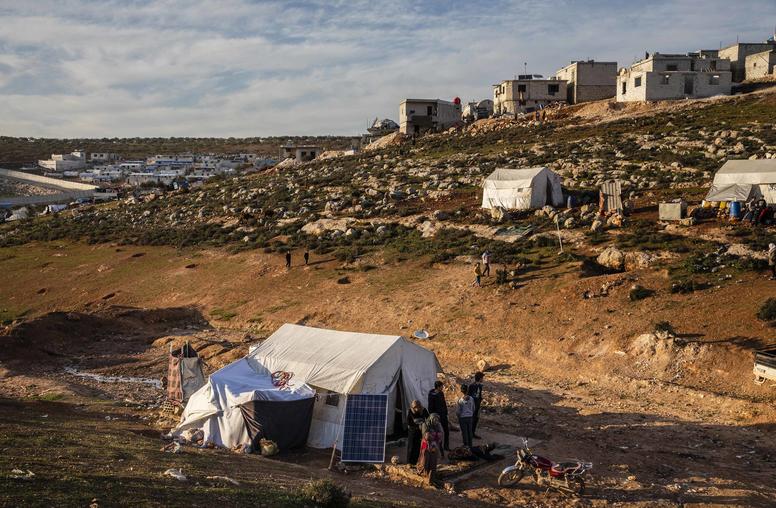
With Syria’s Last Aid Crossing on the Line, Can U.S., Russia Make a Deal?
A crucial deadline that will determine the future of humanitarian aid to Syria looms this week, as the authorization for the Bab al-Hawa crossing on the Turkey-Syria border expires on July 10. The crossing is the last with a U.N. mandate allowing aid to be delivered directly, without having to first go through the Assad regime in Damascus. While Washington has been insistent that the crossing should remain open, with a senior official calling it a matter of “life and death,” Moscow has said the cross-border aid undermines Syria’s sovereignty. Russia has used its veto power in the Security Council to prevent extensions of three other such aid crossings.
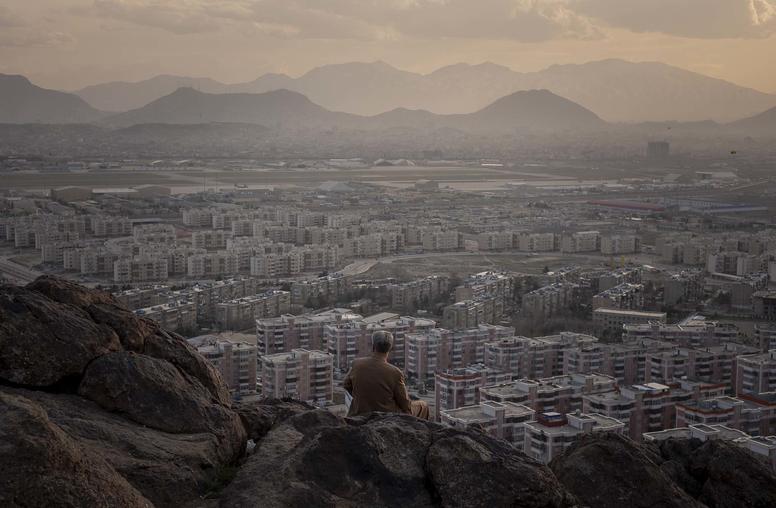
As U.S. Troops Leave Afghanistan, Can Aid Help in Pursuing Peace?
As American troops leave Afghanistan, U.S. policymakers are trying to find other tools to advance peace between the Taliban and the Afghan government. One possible instrument is financial aid, which poured into Afghanistan during the 20-year international military presence in the country. There is, however, no guarantee that aid can help shape events. Certainly, a sudden cutoff of security and civilian support would trigger state collapse. Otherwise, though, expectations should be modest: Experience — in Afghanistan and elsewhere — shows aid has limited impacts, especially amid heavy fighting. The best course for now is to keep assistance at least at its current level, particularly for the Afghan budget, retain flexibility and keep funding available to facilitate moves toward peace and address humanitarian emergencies.
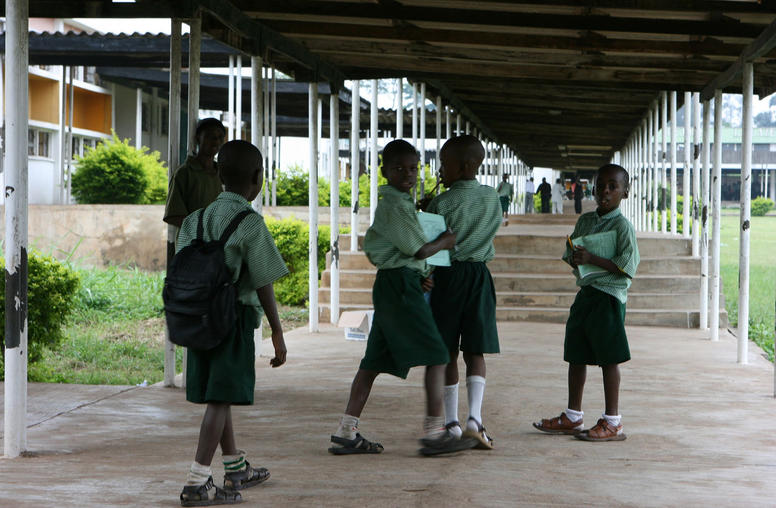
How Mass Kidnappings of Students Hinder Nigeria’s Future
This week’s latest mass kidnapping of Nigerian schoolchildren underscores that the crumbling of human security in Africa’s most populous nation is worsening a deeper impairment, hollowing out Nigeria’s education system to create a “lost generation” of youth across much of the country. Alarmingly, one in five of the world’s out-of-school children is Nigerian. As Nigerian and international policymakers focus on the immediate crises—of kidnappings, Boko Haram’s extremist violence, and conflict between farming and herding communities—they must urgently rescue and buttress the country’s damaged education system. Reducing violence and achieving development in Africa will depend on an effective strategy for doing so.
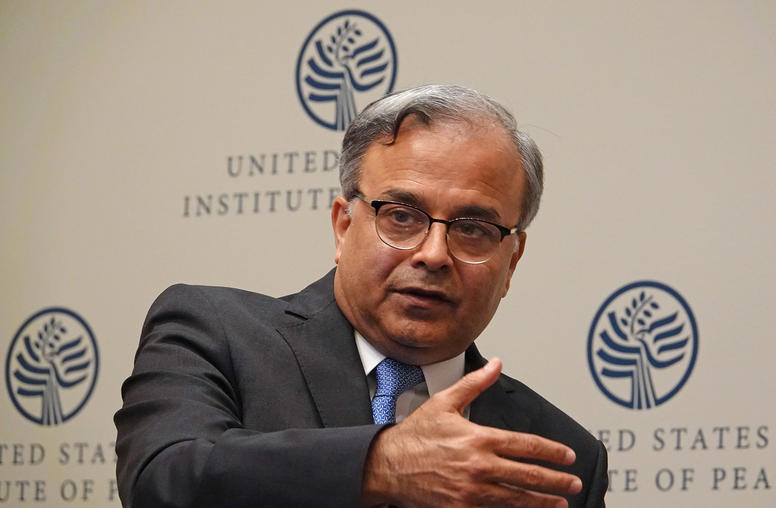
U.S., Pakistan at ‘Convergence’ on Afghanistan, Says Pakistani Envoy
For the last two decades, U.S.-Pakistan relations have been defined by the war in Afghanistan and counterterrorism concerns. With the United States military withdrawal almost complete, the relationship should broaden to focus on other issues important to both countries and the broader South Asia region. The Afghan peace process, however, will continue to be an important component of U.S.-Pakistan relations, said Pakistan’s envoy to the United States on Wednesday. “Afghanistan, for some time, did become [a point of] contention in our relationship. But today, clearly, Afghanistan is a [point of] convergence between Pakistan and United States” as both want to see peace and stability, said Ambassador Asad Majeed Khan.
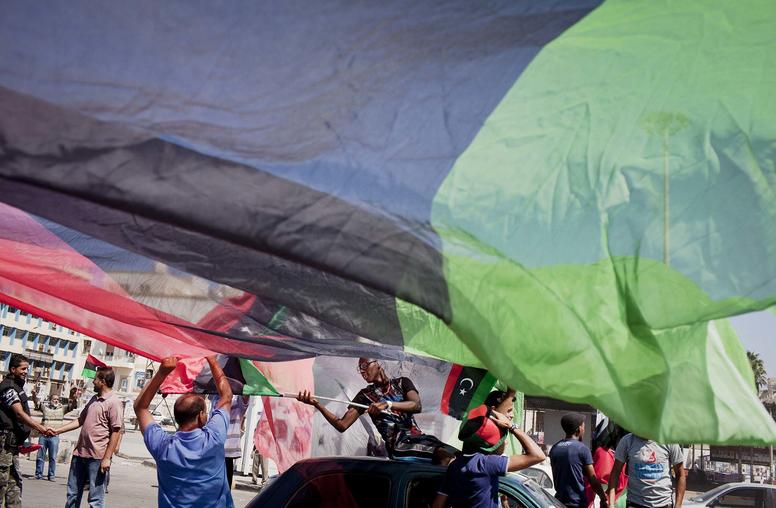
On the Road to Peace, Libya Makes Progress but Hits Pitfalls
After a decade of war and division, Libya has made progress toward peace this year. In March, a Government of National Unity (GNU) was formed to unify the warring Western-based Government of National Accord and the Eastern-based authorities supported by Gen. Khalifa Haftar, who commands forces known as the Libyan Arab Armed Forces (or Libyan National Army). The GNU is a provisional body meant to lead the country to long-delayed elections on December 24. While some progress has been made — a cease-fire agreement has been signed and the executive has been unified — many challenges remain. Chief among those challenges is developing a framework for national reconciliation and addressing the destabilizing role of foreign powers.